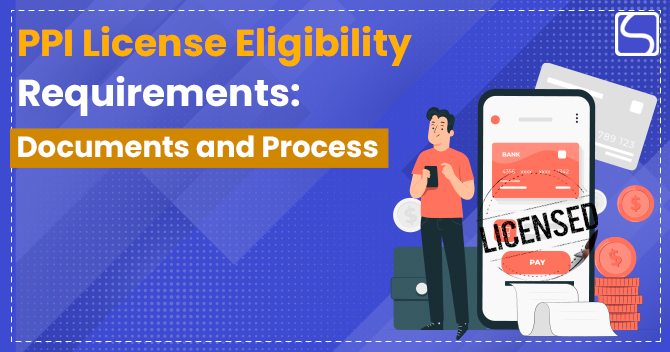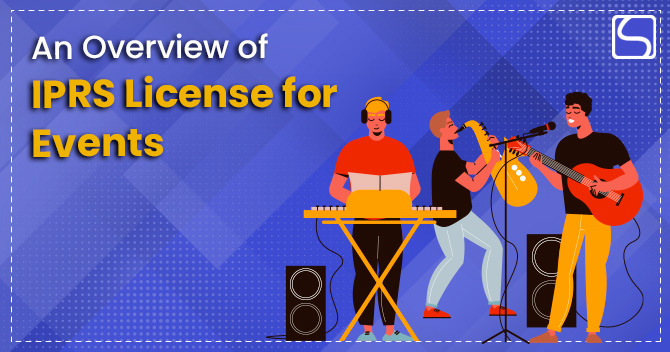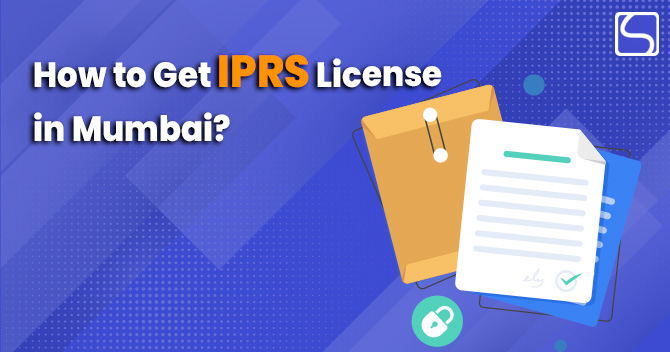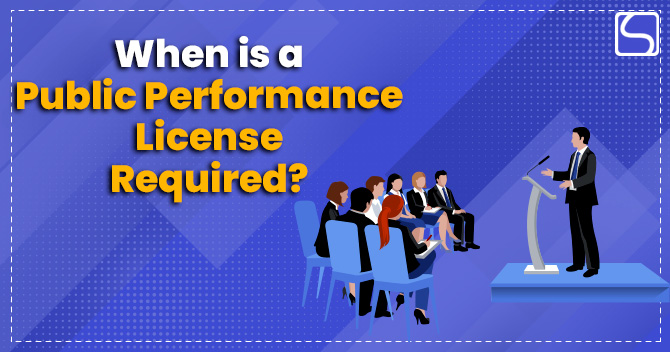PPI License Eligibility Requirements: Documents and Process

Ganesh Nair | Updated: Aug 04, 2022 | Category: Music License
Table of Contents
What are prepaid payments instruments?
Post the demonetization blues, there has been a significant increase in digital transfers and cashless transactions. Prepaid payment instruments are instruments which can be used to avail goods or services up to the quantum of value stored in them. The holder of the prepaid instrument can pay for the value stored in such instrument through a card, cash or through the bank account. PPIs are issued in various forms; these are mobile wallets, gift cards, vouchers, smart cards etc. This article shall focus on PPI License Eligibility Requirements: Documents and Process
PPI License Eligibility Requirements
- Capital Requirements: The capital needed to meet the PPI license eligibility requirements in the case of
- Banks: The Reserve Bank of India has not mentioned a specific capital requirement for banks or NBFCs registered with it. Banks and NBFCS need RBI’s permission to issue PPIs
- Other entities: Other entities are required to maintain a net worth of Rs.25 crores per the last audited balance sheet to seek approval from the Reserve bank of India to start a PPI business.
- Net worth Capital shall include i) Paid-up Equity capital, ii) Free Reserves, iii) Preference shares, iv) Share premium account, and v)Capital reserves representing surplus.
- The NBFC and Banks must obtain permission from the Reserve Bank of India before issuing prepaid payment instruments. Note: the entities must also comply with the norms for net worth and minimum capital requirement.
- For entities apart from banks, NBFCs must maintain a minimum net worth of ₹ 5 crores. They shall operate as semi-closed PPIs. These entities need to have a net worth of ₹ 15 crores by the end of 3rd financial year.
- All the Entities that need to make an application to the Reserve Bank of India to seek approval for PPI business.
- A certificate ensuring sufficient funds and net worth along with a provisional balance sheet audited by a Chartered Accountant must be submitted by a newly incorporated entity.
- The entity must be registered as a company under the Companies Act 1956 or companies Act 2013[1] to get the license from RBI.
- The Memorandum of Association of the Company must clearly specify the activity to operate as an issuer of prepaid payment instrument.
- As per PPI license eligibility requirements, an entity must ensure that they have complied with KYC, Anti-Money Laundering (AML), and Combating Financing of Terrorism (CFT) guidelines.
Documents required for PPI license:
The following documents need to be submitted by an entity to fulfil PPI license eligibility requirements.
- Name of the Issuer
- Address proof of the registered office
- Certificate of incorporation
- Memorandum of Association
- Articles of Association
- Declarations and other documents
- Information regarding the management of the company
- The most recent audited balance sheet of the company.
- Name and address of bankers
- Any other document as required from time to time.
The process to apply for a PPI license (non-bank entities):
- The Non-banking entities should apply for approval from the reserve bank of India in the format prescribed in FORM-A as stated under the Payment and Settlement System Regulations
- At first, the RBI shall check the applicant’s eligibility via preliminary screening.
- Next, the RBI shall check whether the applicant meets the “fit and proper”criteria, and the entity’s management shall also be assessed. Feedback will be taken from regulators and various government authorities.
- If the entity fails to meet the eligibility criteria, the applicant shall stand rejected, and the application fee will not be refunded.
- The PPI License Eligibility Requirements states that an entity shall be judged on other factors not part of eligibility criteria like technology incorporations, customer services, overall efficiency, etc.
- If all the criteria are met, the Reserve Bank of India will grant the entity an in-principal approval. This approval is valid for six months. The concerned entity must submit a system audit report during this period. If these are not submitted within time, then the in-principle will lapse automatically.
- The applicant shall be given final approval to start their operations within the six months as mentioned earlier. However, if the approval is not granted during this period, then the authorization will lapse automatically.
- There is a provision through which the entity can make a written request for a one-time extension of 6 months to RBI, citing reasons for the delay. However, the RBI has the right to decide whether to accept or reject this application for extension.
- The certificate’s validity for authorization is 5-years from the date of issue.
- The license needs to be renewed every by applying to the RBI 3 months before its expiration date. If not renewed on time, RBI has the right to accept or reject it.
Conclusion:
Prepaid payment instruments have proved to be an important tool for completing transactions. Many banks and financial institutions want to capitalize on this rising popularity and release their own prepaid payment instrument or incorporate them into their existing services. The Reserve Bank of India has set the PPI License Eligibility Requirements for an entity to apply for the license of prepaid payment instruments. An entity must comply with all the norms to obtain the certificate of authorization. The validity of this certificate is for six years and needs to be renewed periodically.














